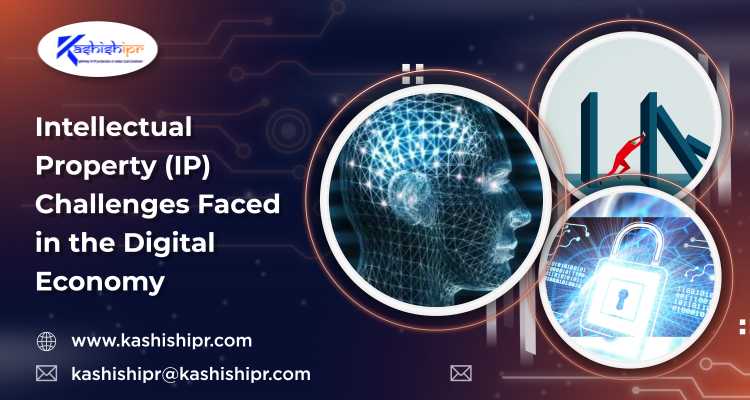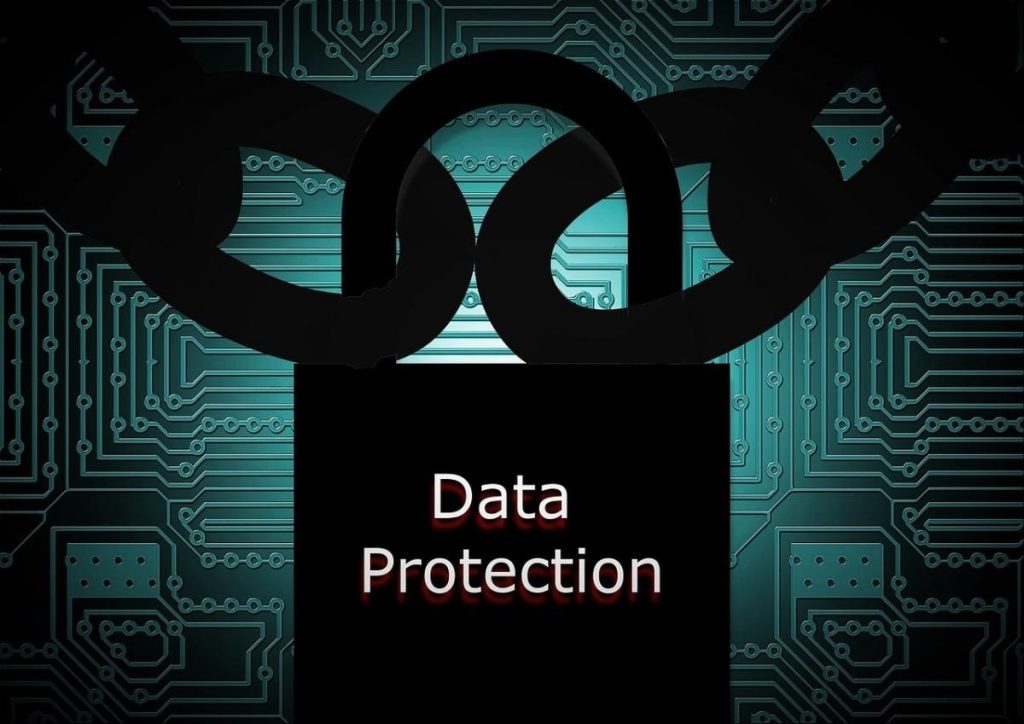Intellectual Property (IP) Challenges Faced in the Digital Economy
 Posted On
Posted On
In the present emerging digital economy, innovators keep coming up with new ideas for the manufacturing sector with the potential to change and evolve the already existing ways of working and discover new ones. The issue that the manufacturers in different industries face is not that today’s technology has transformed and become exceedingly complicated. Instead, it is they may not own the exclusive rights to the Intellectual Property (IP) assets that such technologies are built upon usually. The fundamental issue is that the power base of the manufacturers is built upon the traditional business models and ideas, which are at extreme risk of becoming outdated and diminished with time. To be specific, many firms and corporations across the globe have built enormous value into their IP portfolios for such traditional models and ideas, which are in danger today of being replaced by disruptive new approaches. So, let us now make ourselves aware of the different challenges manufacturing firms face around IP in the digital economy and ways of overcoming them.

- Safeguarding & Exploiting the Value of Data
There is an increasing value in the massive volumes of data accumulated over time in a company or firm. Other than product sales data, component prices, customer details & records, market statistics, or supply chain info, a company owns commercially sensitive and confidential electronic pieces of information such as CAD drawings. Such data put forward risks related to IP based on the potential breaches of cyber security. In particular, info in the form of proprietary cloud-based algorithms and large-scale training data repositories collected over time through the Internet of Things (IoT) devices hold immense value. Furthermore, AI-based algorithms increase in value as they collect and use training data for enhancing their accuracy and precision. When it comes to a digital economy, these proprietary and extensively-trained AI algorithms can be increasingly valuable and contribute exceptionally to a significant share of a firm’s value.
Therefore, a company or a firm must put in a genuine effort to safeguard and exploit the value of its data. In times past, IP Protection was primarily based on retaining the knowledge possessed by people within a team by using mechanisms like contracts and agreements to prevent employees from leaving the company and joining the competitors in the market. Although this factor holds today as well, the ultimate focus is now gradually shifting more towards cyber security for data protection.
Moreover, to boost the value derived from data, a company may find it pretty attractive to license its data. In such a scenario, digital rights management becomes a critical aspect. Companies may opt for a conservative approach, such as working restrictively with fewer parties within their supply chain or ecosystem, or an expansive approach, such as licensing data to the competitors. Digital ledger technologies such as blockchain can play a crucial role in safeguarding and commercializing data and IP assets.

- Having Proper IP Portfolios In Place
It is imperative to understand the utmost importance of having proper IP portfolios in place. In any given sector, a company becomes successful only if it understands how to create large and strategically-driven IP portfolios focusing on several relevant, emerging, and converging technologies. Additionally, companies need to possess or have access to complementary skills and knowledge concerning discovering and developing favorable technologies to keep out the competitors. If new entrants in the industry can do this successfully, they can gain a competitive advantage against the big companies that may find it arduous, if not impossible, to catch up and close the gap.

- Licensing In & Licensing Out IP Assets As Per Needs & Opportunities
Considering the complex IP landscape of the digital economy with IP ownership distributed across multiple companies, it can be tough for companies to own all the IP assets required for manufacturing intelligent devices. Consequently, companies are needed to focus on the best possible ways of acquiring the usage rights from different IP owners in the industry. In most instances, they will be required to enter licensing-in contracts for achieving compliance before product launch and avoiding IP Infringement.
On the other side, the proprietary technology of one manufacturing company might be of a certain value to another company that is willing to pay for accessing such technology. However, it is imperative to note that entering a licensing-out agreement requires specific and scarce skills and capabilities, which the licensor would need to invest in if it wishes to pursue such an opportunity.

- Protection of Trade Secrets
Presently, the legislation in different nations is tightening its policies, rules, and system, particularly around important proprietary company knowledge typically referred to as trade secret, to make them more efficient. Trade secrets can include well-trained AI algorithms as well. It requires firms to identify their most valuable know-how/data (trade secrets) and treat, safeguard, and enforce such info separately from their generic data like customer records.

- Understanding the Meaning of Free Software
Many manufacturing companies globally come up with software components built into digital products internally. However, on the other hand, some firms may also utilize the already existing open and free software belonging to widely recognized development platforms such as GitLab, GitHub, Bitbucket, to name a few. In such a situation, what may not be pretty clear right away could be the total cost of utilizing such open-source software. Quite often, the use of such software is free only in some specific circumstances; for instance, a user may be required to make his software developed on the open-source component freely available to the entire community. Therefore, manufacturing companies must have an adequate understanding of the requirements, limitations, and complexities of different licensing agreements for compliance reasons.

✅ For more visit: https://www.kashishipr.com/
